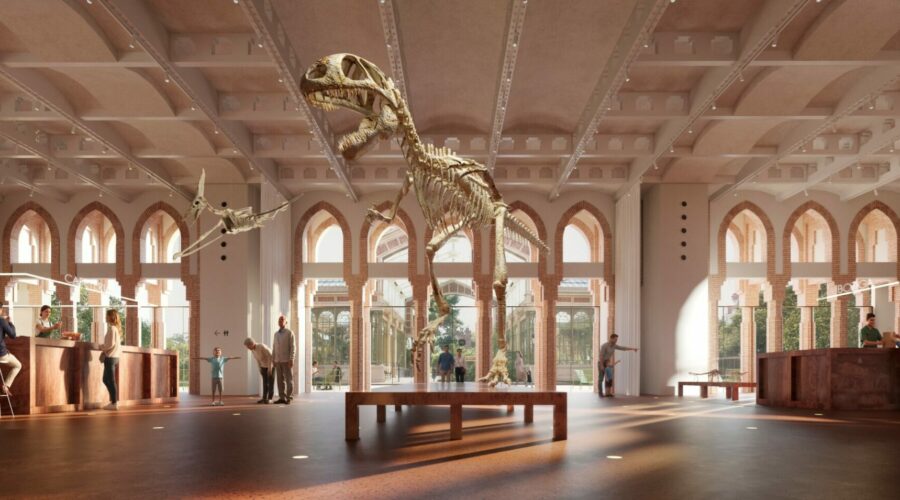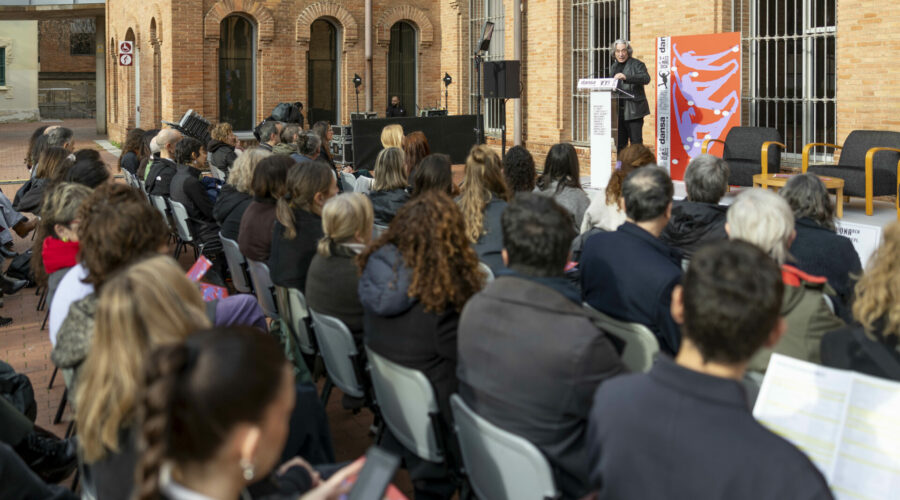
Barcelona’s beaches are facing a serious pollution crisis that threatens their marine ecosystem and the quality of life of their inhabitants.
A study conducted by the Catalan Research Institute revealed that the seabed near the city has the highest concentration of plastic of the entire Catalan coast.
It even reaches the alarming figure of 24 kilos per square kilometer.
This worrying situation demands urgent action to reverse the damage caused and preserve the natural beauty of these beaches.
The analysis conducted by the Catalan Research Institute was based on trawl fisheries conducted between 2019 and 2021, at depths ranging from 20 to 700 meters.
Alarming pollution crisis on Barcelona’s beaches
The results revealed that approximately 97% of the marine debris was collected unintentionally by fishing vessels, while more than 64% of the debris was plastic.
In addition, hygienic wipes were found, showing the impact of everyday waste on the marine environment.
The accumulation of plastic waste on the Barcelona seabed is a problem that has been brewing for decades, exacerbated by the almost closed condition of the Mediterranean Sea.
The Mediterranean basin traps waste and causes it to accumulate, making it difficult to extract.
They are only accidentally caught by the nets of fishing vessels, which underlines the need to involve the fishing sector in the search for solutions.
In addition, dead rats on the beaches
The seriousness of the situation is even more evident with the recent appearance of dead rats on the beach in Barcelona.
The association Project Sea Cleaners has publicly denounced that the bodies of these animals have been exposed on the coast due to the strong storms that have hit the Catalan capital.
This unfortunate event has sparked outrage and has led to questions about the lack of action to address this problem.
When heavy rainstorms occur, as has happened recently, everything that accumulates in the sewers ends up emerging on the surface, creating a desolate scenario.
This situation is not new, as the association Accessibilitat Ciutat i Platges Barcelona had previously denounced the presence of drowned dead rats on an accessible beach in the city.
The seriousness of these events demonstrates the need to take concrete measures to avoid their recurrence.
In addition to the presence of dead rats, Barcelona’s beaches face an additional problem: microplastic pollution.
The study revealed that Sant Sebastià beach tops the list as the most polluted, with 1.4 plastics per square meter, far exceeding the Catalan average of 0.33.
It is followed by Nova Icària beach and Llevant beach, with 1.08 and 0.60 microplastics per square meter, respectively.



